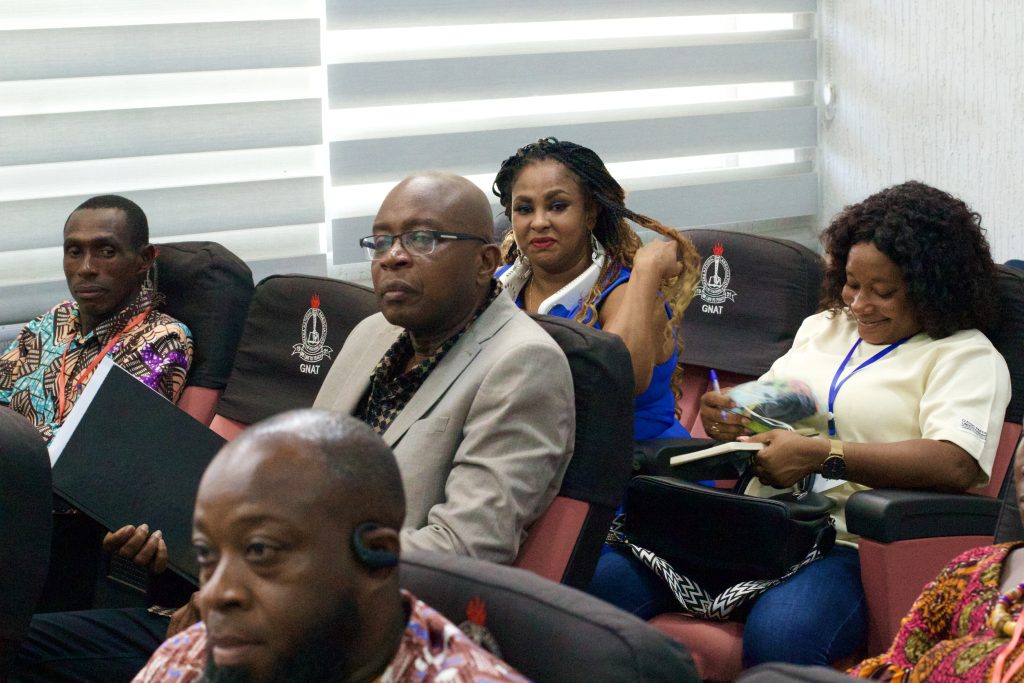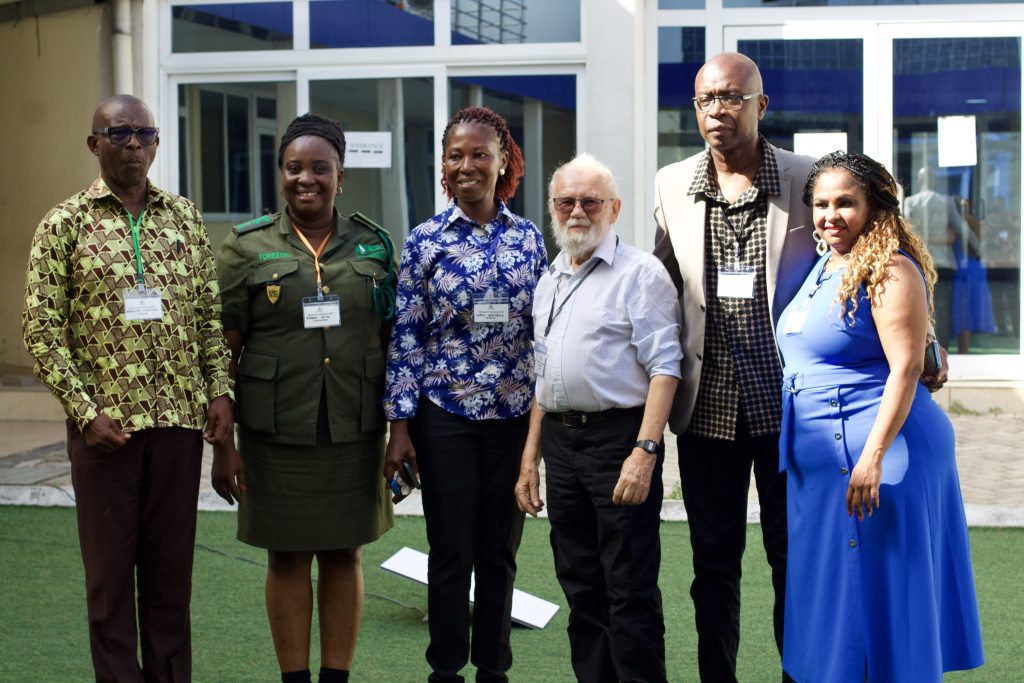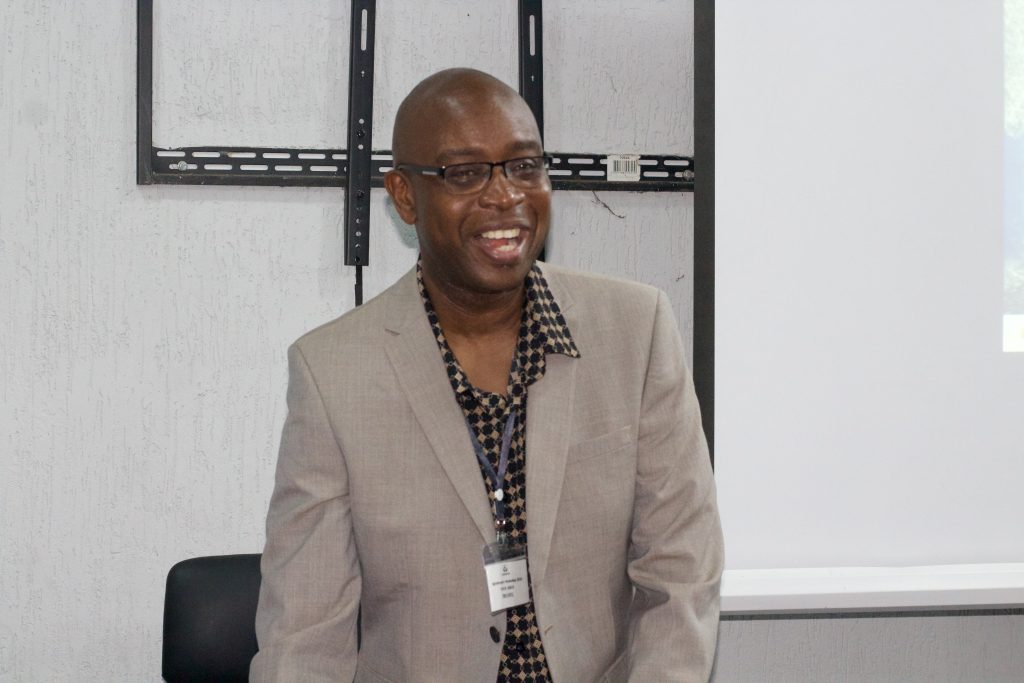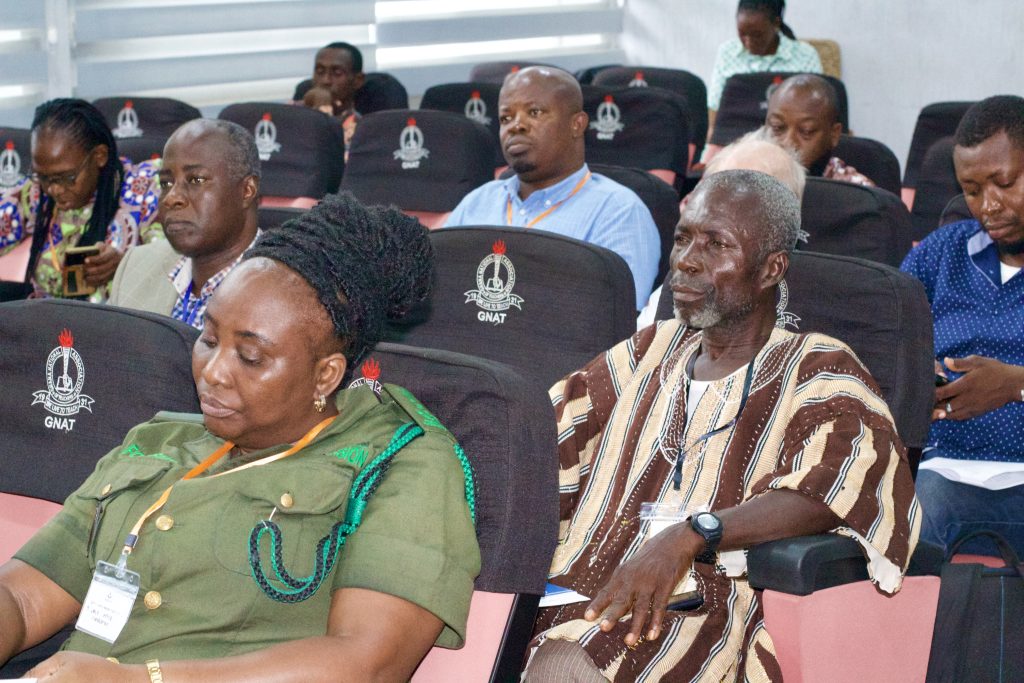By James Amoh Junior, GNA
Accra, Nov. 29, GNA – Professor Justice Djokoto, Vice President and Dean, TALI Graduate School, Dominion University College Ghana, says agroforestry has a transformative potential in addressing climate change and alleviating poverty at all levels.
He underscored the symbiotic relationship between forestry and agriculture as a sustainable pathway for environmental conservation and economic development.
Prof Djokoto was delivering the keynote address on the theme: “Climate Change, Poverty Alleviation and the Importance of Agroforestry,” at a workshop organized by CAENDON and KALAKPA Club, both Non-Governmental Organisations, in Accra.
The agroforestry initiative spearheaded by CAENDON, a UK-based NGO focusing on sustainable development in Africa, seeks to combat climate change and alleviate poverty in Ghana.
The project, supported by a £10,000 grant from the Welsh Government through the Welsh Council for Voluntary Action, is being implemented in partnership with local NGOs, including KALAKPA Club, Sustainable Coffee Farmers Association (SCOFA), and Greening Northern Ghana, Sustainable Coffee Farmers Association, among others.

The project will span one year and focus on two distinct ecological zones in Ghana: the savannah region in the north and coffee-growing areas in the Volta Region.
These zones were strategically selected to pilot tailored agroforestry schemes and develop sustainable practices that can be scaled up in the future.
Prof Djokoto emphasized the pressing need for integrated land-use practices and that agroforestry was particularly relevant in areas where limited land resources made it impractical to separate forestry from agriculture.
According to him, the combination of trees, crops, and livestock on the same land benefited farmers in multiple ways, and said, while crops received protection and attention, the trees grew stronger and also improve the physical and biological properties of the soil.
Prof. Djokoto said agroforestry served as a source of income for farmers through controlled harvesting of forest trees, which yields both food and non-food resources, such as timber, medicinal plants, and fruits.
He stated that by improving livelihoods and diversifying income sources, agroforestry not only enhanced the economic stability of farming households but also contributed to reducing greenhouse gas emissions that drove climate change.

That practice, he added, fostered community resilience by creating alternative livelihood opportunities while combating deforestation and land degradation.
In addressing climate change in Ghana, Prof Djokoto explained that a community-driven approach with tailored solutions to specific vulnerabilities of each community was needed.
Also, he proposed an investment in climate-smart agriculture to promote and support the adaptation of coastal communities as some research had identified drought-resilient crops.
Mr Steve Sodzi, Chair of CAENDON, who joined other officials to launch the CAENDON Agroforestry Project, emphasized the urgency of addressing climate-related agricultural challenges, saying climate change was significantly affecting farming in Ghana.
The initiative, he said, aimed to support three farmer groups in the pilot phase, offering resources and training to integrate tree planting with crop cultivation.

The savannah zone will focus on leveraging its unique landscape, while the coffee-growing areas will experiment with mixed farming systems to diversify income sources.
“Rains no longer come as expected, leading to crop failures and low productivity. This project seeks to provide farmers with alternatives like fruit trees or coffee plants, which can sustain them when other crops fail,” he explained.
“By planting more trees, we are helping to mitigate climate change while also alleviating poverty,” the CAENDON Chair said.
Mr. Sodzi further highlighted the dual benefits of agroforestry, and said planting trees not only provided economic resilience for farmers but also contributed to carbon sequestration, reducing greenhouse gases in the atmosphere.
Ms. Ernestina Anie, Public Relations Manager, Wildlife Division, Forestry Commission, stressed the importance of engaging local communities in the agroforestry initiative from the planning and implementation stages to ensure its sustainability and local ownership.

“Community ownership guarantees continuity of the project, enabling long-term benefits and success,” she added.
She said, “Community engagement is essential because the communities own the land. Their involvement ensures that tree planting schemes are designed to support and benefit them directly, which is crucial for achieving project goals.”
Ms Benedicta Tamakloe, President, SCOFA, who spoke on women coffee agroforestry, said harmonizing the skills, knowledge and other abilities of farmers, especially women, was key to advancing coffee production in the country.
She said with support from CAENDON, her outfit was leveraging the economic and environmental benefits of coffee farming to create a sustainable development model, having received some 600 coffee seedlings with a nursery currently under construction to nurture about 200 seedlings.
GNA